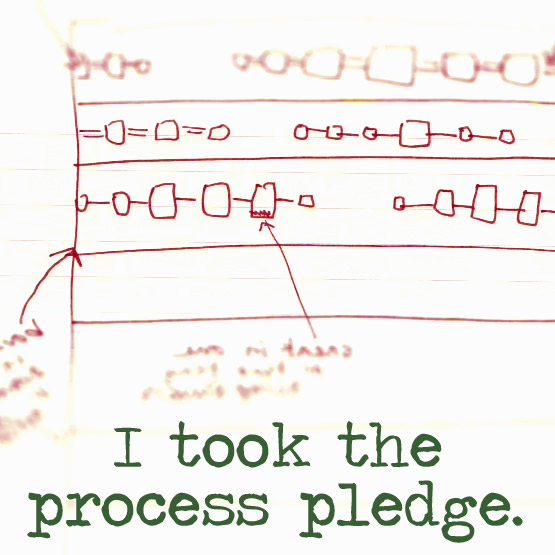 Evicted: Poverty and Profit in the American City by Matthew Desmond
Evicted: Poverty and Profit in the American City by Matthew Desmond
My rating: 5 of 5 stars
This was a timely “Everybody Reads” book because of the housing crisis in Portland, OR (some rents increased as much as 100%, gentrification, lack of affordable housing).
Ethnography tends to produce readable books, and this one is no exception. The book is about 90% narrative, stories of people in Milwaukee who experience not one, but serial evictions. Interspersed among the stories are comments about statistics and trends. And the final two chapters discuss causes and possible solutions to the housing crisis and methods. One fault was pointed out in a panel discussion that the author didn’t situate himself as white, male, a reflective move usually associated with ethnography. Strengths were that he triangulated sources so that his lived experiences among the evicted were corroborated by statistics and surveys.
The panel discussing the book included a sociologist, an urban planner,who specializes in intersections of race and gender, and a community psychologist. The book’s finding that evictions cause poverty instead of vice versa was presented as new information to sociology, though not to urban planning.
The stories are vivid, the experiences depressing. It is well written, but still hard reading. Some evictions were for trivial issues. Not all were for non-payment of rent. Property managers would sometimes work with those behind in rent, other times not. It seemed arbitrary. Court expenses were added on, so that the person whose rent was 3/4 or more of their monthly check had more to pay than just back rent to clear their records. In addition, it was hard to get another place to rent with a recent eviction on their record, starting a downward spiral. Every eviction disrupted not only the family, but also the neighborhood network. And then there were the school changes for the children. Another finding of the book was that the more children one had, the more likely they family to be evicted.
In the solution section, Desmond observes, if housing is a basic right, we have to rethink “the right to make as much money as possible by providing families with housing–and especially to profit excessively from the less fortunate” (305). Where previously we have made choices favoring profit, we need to reconsider those choices and values. Without that change, he asks us how we would respond to a situation where we could make a lot of money. Thus even while faulting the system, he is sympathetic to the landlords and property managers.
It is definitely a book worth reading and pondering. Then working to make changes needed to alleviate the problem of housing insecurity.















Sounds like this should be on my reading list. I grew up in the Milwaukee area (at least for a few years), and it is upsetting to see how often it comes up now in stories related to poverty, inequality and violence. A Stanford Social Innovation webinar I participated in last year cited research from the U.S. Financial Diaries project showing over 30% variation in monthly income among low income families above the poverty line, and over 50% for families below the poverty line. It also showed families had 5 months a year with income 25% above or below their average income. It is so easy to see how unexpected shock (a car breakdown, an illness) in a low month could cause a cascade of problems that are near impossible to recover from.
This book does sound very interesting! Thanks for sharing!
I work for a nonprofit organization whose mission is housing. We’re planning an organization wide reading group for this book. One of our programs is eviction prevention services in Clackamas County, and it sounds like reading this book will make it even clearer to me why that is a good idea. Thanks for your review! I’d better get reading!
Thanks for sharing this, Claire. It’s a situation I managed to avoid, sometimes barely. As a teacher, it’s a situation a dealt with in the classroom. In Phoenix, there is a particular school campus downtown devoted to education homeless children, those who live in cars, or don’t have a permanent address. While I’m glad it’s there, it’s sort of a sad commentary on modern life.